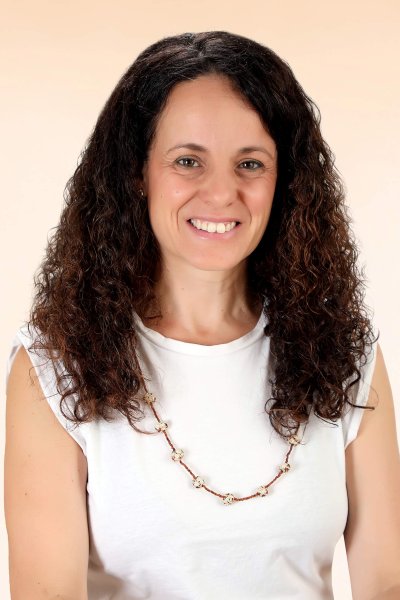
María Jesús Pinazo is physician, consultor and senior specialist in Internal Medicine, Associate Research Professor and Head of Chagas at DNDi since January 2022. She has been working at the International Health Service of the Hospital Clínic in Barcelona since 2007, as Director of the Chagas Initiative at ISGlobal until 2021, Associate Research Professor at ISGlobal and Associate Lecturer at Barcelona University to date.
She obtained her PhD in Internal Medicine at the University of Barcelona in 2016 with international mention and Cum Laude rating, and was awarded the extraordinary doctorate award in 2017. Her main line of research in International Health is on Chagas Disease, from basic to Public Health research.
Since 2007, she has been working as a healthcare doctor between Barcelona and Bolivia. Her main line of work and research are tropical and imported diseases, and among them, Chagas disease. From 2007 to 2021 she was a Professor of Master in International Health at the University of Barcelona and the Graduate Diploma in Immigration, Interculturality and Health of the Autonomous University of Barcelona.
In 2010, she co-coordinated the protocol for the detection and diagnosis of Chagas in pregnant women in Latin America and their babies (Department of Health, Generalitat de Catalunya). From November 2010 to 2021 she was technical coordinator of the Platform of comprehensive care for patients with Chagas disease in Bolivia, and since 2019 in Paraguay. In December 2010, she also started working as an internal monitor for clinical trial E1224 (in Bolivia), and since June 2017, is the principal investigator of the Fexi 12 clinical trial (in Barcelona), both promoted by DNDi, whose objective in both cases is the search for new medicines to treat Chagas disease.
Since March 2011 she is a member of the international network: New tools for the diagnosis and evaluation of Chagas disease patient (NHEPACHA), that she coordinated between 2019 to March 2022. She has been the scientific coordinator of the InSPIRES project, financed by the H2020 program and whose main objective is to bring science closer to society through the joint creation of research questions that directly answer social challenges, integrating Responsible Research and Innovation (RRI), open science and open data in their scientific approach in order to open up the scientific process in a more strategic way to civil society and other key stakeholders. Between 2019 and 2021 she was the coordinator of the Barcelona Recercaixa LivingLab.